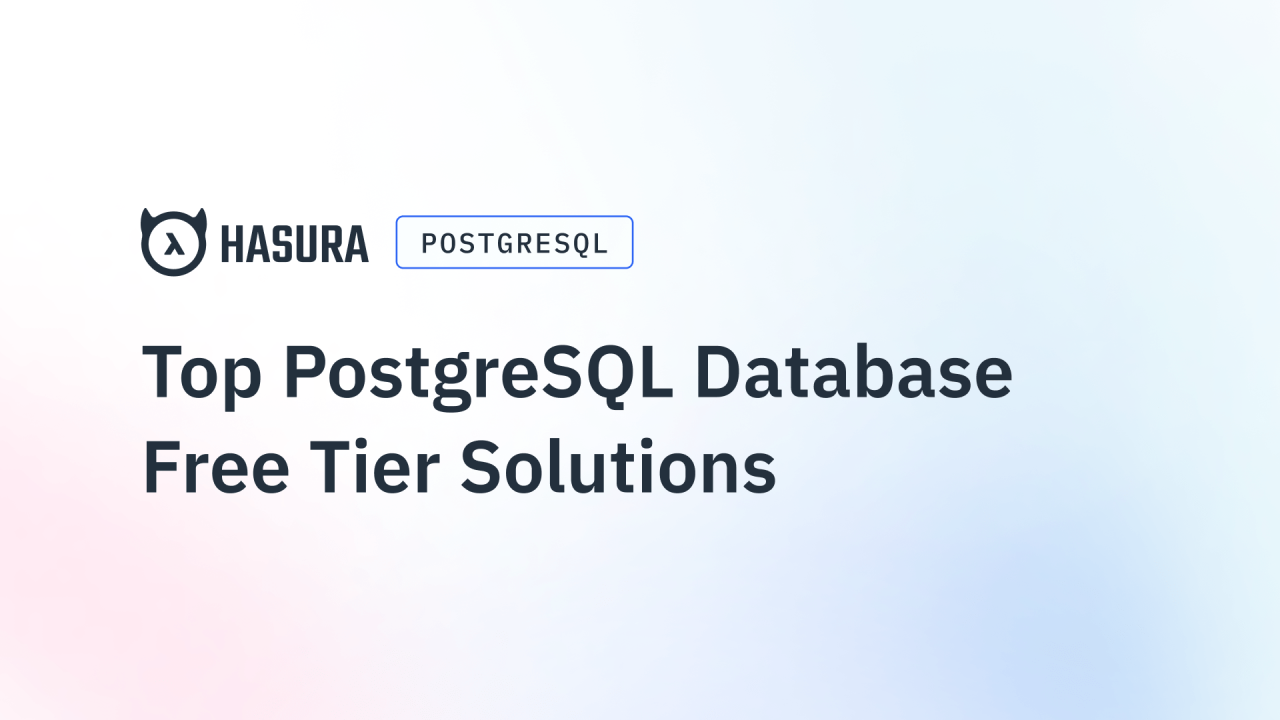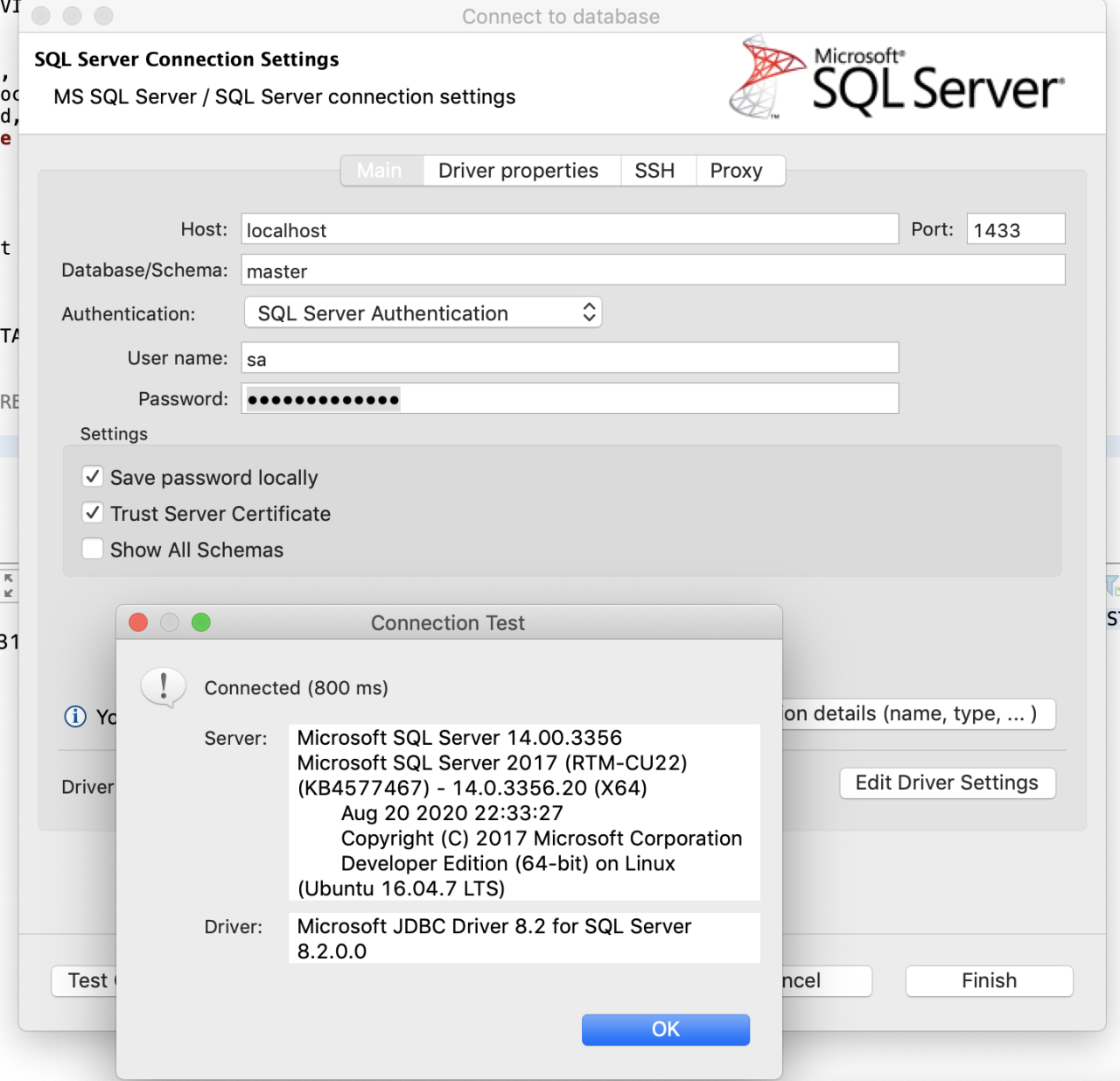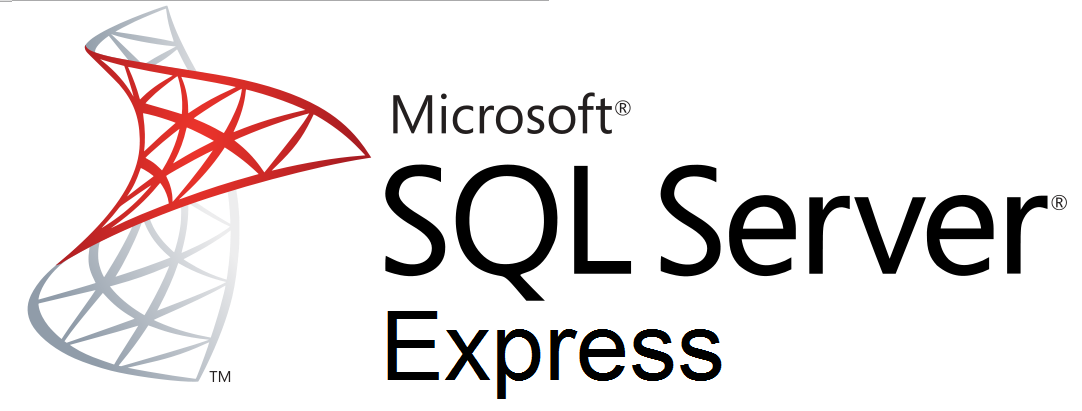Microsoft SQL Management Studio (SSMS) is your essential tool for managing SQL Server databases, offering a comprehensive suite of features that empower you to navigate, administer, and optimize your data with ease. From connecting to instances and creating databases to crafting complex queries and ensuring robust security, SSMS provides a unified platform for all your SQL Server needs.
SSMS has evolved significantly over the years, becoming a cornerstone for database professionals and developers alike. Its intuitive interface, robust features, and powerful capabilities make it an indispensable tool for managing SQL Server environments of all sizes, from small-scale projects to enterprise-level deployments.
Introduction to Microsoft SQL Server Management Studio (SSMS)
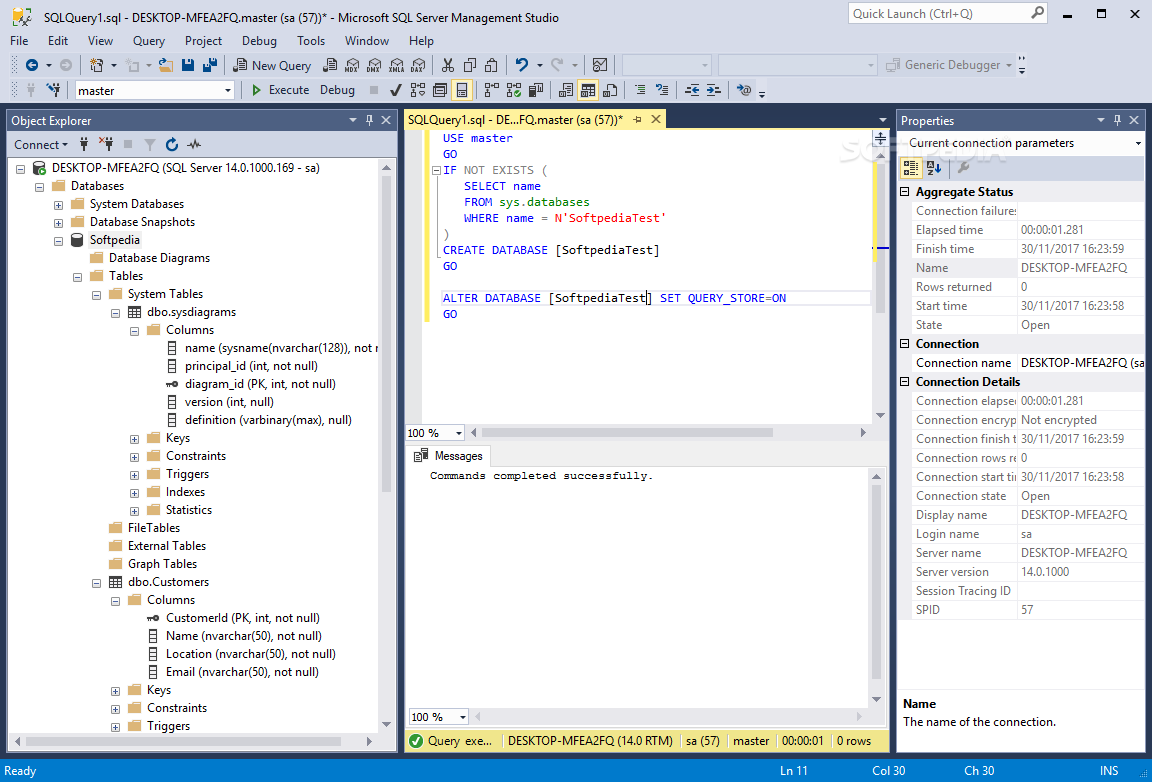
Microsoft SQL Server Management Studio (SSMS) is a powerful integrated environment (IDE) designed for managing and administering SQL Server databases. It provides a comprehensive suite of tools and features that streamline database development, administration, and maintenance tasks.
Purpose and Functionality, Microsoft sql management studio
SSMS serves as a central hub for interacting with SQL Server instances and databases. It empowers users to perform various operations, including:
- Connecting to SQL Server instances
- Creating, modifying, and deleting databases and objects
- Writing and executing Transact-SQL (T-SQL) queries
- Managing user accounts and permissions
- Monitoring database performance and health
- Performing backups and restores
- Deploying and managing database projects
Benefits of Using SSMS
Using SSMS offers numerous advantages for managing SQL Server databases:
- Simplified Database Management: SSMS provides a user-friendly interface that simplifies complex database tasks, making it accessible to both experienced and novice users.
- Enhanced Productivity: Its integrated tools and features streamline workflows, boosting developer and administrator productivity.
- Comprehensive Functionality: SSMS offers a comprehensive set of tools for all aspects of database management, from development to administration.
- Improved Database Performance: SSMS helps monitor and analyze database performance, enabling proactive optimization and troubleshooting.
- Enhanced Security: SSMS provides robust security features to protect databases from unauthorized access and data breaches.
History and Evolution
SSMS has evolved significantly over the years, with each new version introducing enhancements and new features.
- Early Versions (SQL Server 2000 and earlier): Early versions of SSMS were primarily command-line based tools, lacking the graphical interface of later versions.
- SQL Server 2005: SSMS 2005 introduced a modern graphical interface and a comprehensive set of tools for managing SQL Server databases.
- SQL Server 2008: SSMS 2008 brought significant improvements, including enhanced performance, new features like database mirroring and replication, and improved support for object-oriented programming.
- Recent Versions (SQL Server 2012 and beyond): Recent versions of SSMS have continued to enhance functionality, performance, and user experience, with new features such as support for Azure SQL Database, improved code editing tools, and a streamlined interface.
Final Review: Microsoft Sql Management Studio
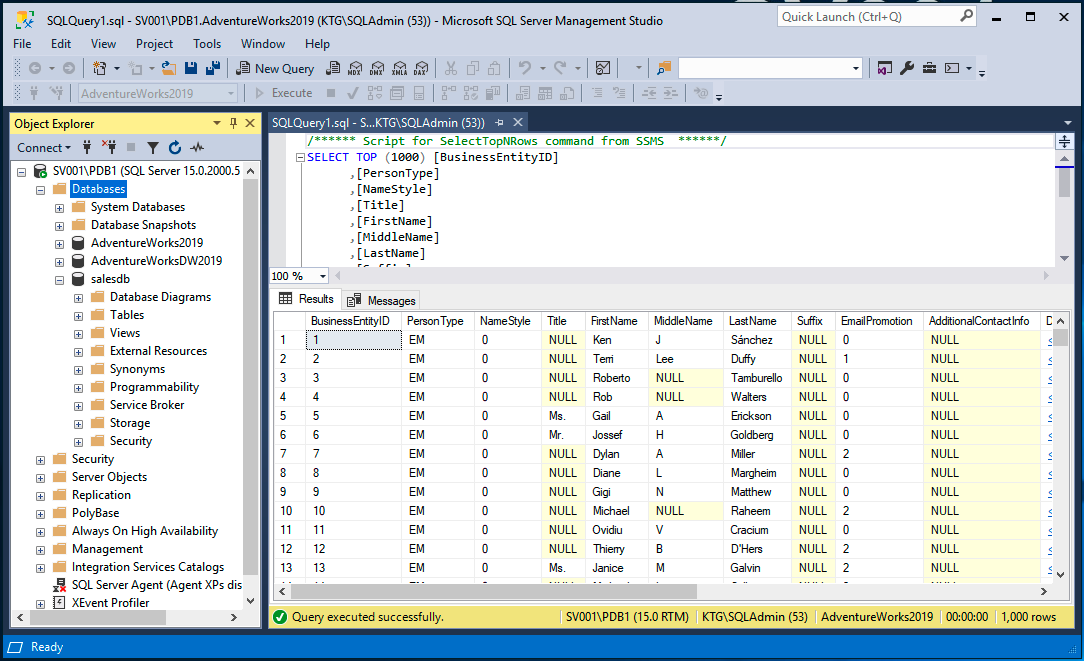
As you delve deeper into the world of Microsoft SQL Server Management Studio, you’ll discover a wealth of possibilities for managing and optimizing your databases. From basic administration tasks to advanced performance tuning, SSMS provides the tools and resources you need to ensure your data is secure, reliable, and readily available. Embrace the power of SSMS and unlock the full potential of your SQL Server environment.
Microsoft SQL Management Studio is a powerful tool for managing SQL Server databases, but it can be resource-intensive. If you’re working with large datasets or complex queries, you might want to consider using a cheap VPS to host your SQL Server instance.
A VPS can provide dedicated resources and performance that can significantly improve the speed and efficiency of your SQL Management Studio operations.

